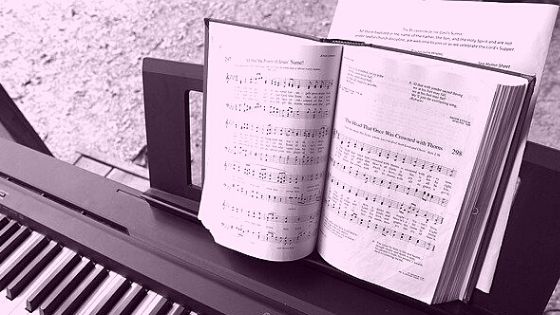The Very First Christian Song
Let me ask you, Christian, “What do you think is the very first Christian song?” If you are in your 50’s or 60’s you probably know more songs than those in their 20’s. Well, that is if you have been keeping track of every song written about God and for God. With all the Christian … Read more










